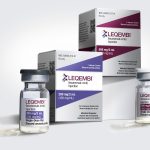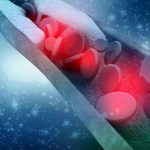
Water fasting has become one of the trendiest new weight-loss sensations, touted by former athletes and wellness gurus. But whatever weight is lost during a water fast can come back quickly, while other health benefits fade fast, according to a new review of the available scientific evidence. “I personally wouldn’t really recommend this diet,” said senior researcher Krista Varady, a professor of nutrition at the University of Illinois at Chicago. “I know it’s become popular for some reason, kind of out of nowhere, over the past year or so. But even if people maintain the weight loss, all the health benefits go away.” Water fasting involves taking in nothing but water for at least five to 20 days, and sometimes even longer, researchers said in background notes. Some supervised water fasts allow 250 calories a day, “a little bit of juice at breakfast and a really small amount of soup at lunch,” Varady said. Last month, former Seattle Seahawks lineman Russell Okung announced on Twitter that he had lost more than 100 pounds by taking in nothing but water for 40 days. “I fasted for 40 days with nothing but water. Yes, you read right!” Okung tweeted. “The experience was so rich and rewarding that I’m going to do it again…” And Australian wellness coach Kristine Crouch says a 25-day water fast cleared up her… read on > read on >





























-300x200.jpg)







-300x169.jpg)
